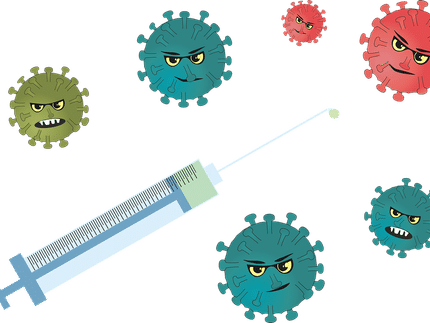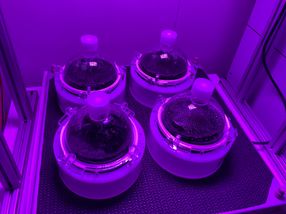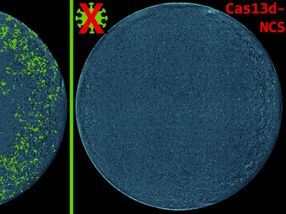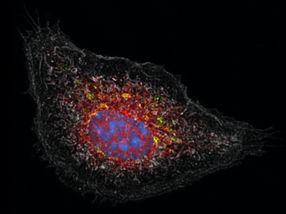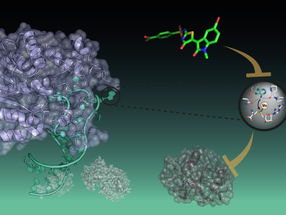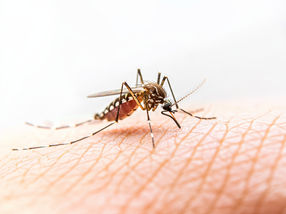Special Antibodies Could Lead to HIV Vaccine
Around one percent of people infected with HIV produce antibodies that block most strains of the virus. These broadly acting antibodies provide the key to developing an effective vaccine against HIV. Researchers from the University of Zurich and the University Hospital Zurich have now shown that the genome of the HI virus is a decisive factor in determining which antibodies are formed.
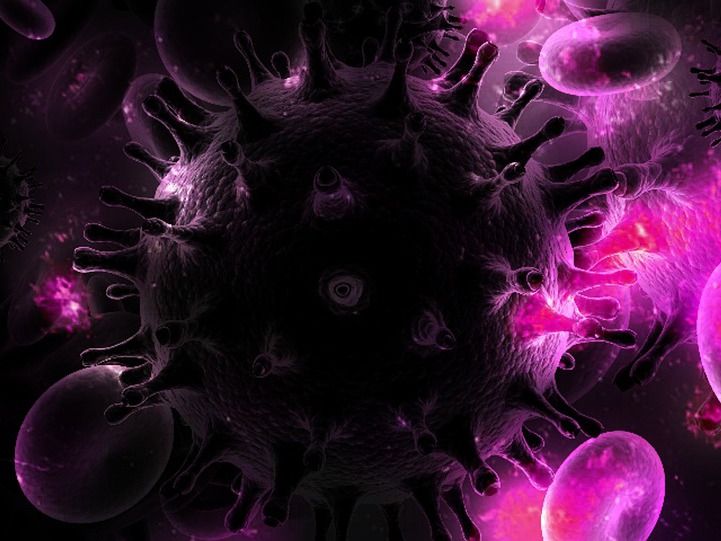
Symbol picture
typographyimages, pixabay.com, CC0
A small number of people who are infected with HIV-1 produce very special antibodies. These antibodies do not just fight one virus strain, but neutralize almost all known virus strains. Research into developing an HIV vaccine focuses on discovering the factors responsible for the production of such antibodies.
HIV-1 genome influences immune reaction
A Swiss research team led by the University of Zurich (UZH) and University Hospital Zurich (USZ) has been searching for these factors for years. Several have already been identified: For example, the virus load and the diversity of the viruses, the duration of the infection, and the ethnicity of the affected person can all influence the body’s immune response. “In our new study, we were able to identify another factor: The genome of the HI virus,” says Huldrych Günthard, deputy director of the Department of Infectious Diseases and Hospital Epidemiology at USZ.
Antibody response of transmission pairs
The starting point for the researchers was the data and biobanked blood samples of around 4,500 HIV-infected people, recorded in the Swiss HIV Cohort Study and the Zurich Primary HIV Infection Study. In total the researchers found 303 potential transmission pairs – i.e. pairs of patients for whom the similarity of the viruses’ genomic RNA indicated that they were probably infected with the same virus strain. “By comparing the immune response of these pairs of patients, we were able to show that the HI virus itself has an influence on the extent and specificity of the antibody reactions,” explains the study’s first author Roger Kouyos, research group leader at the Department of Infectious Diseases and Hospital Epidemiology at USZ.
Special envelope proteins provide broad protection
Antibodies acting against HIV bind to proteins found on the surface of the virus. These envelope proteins differ according to virus strain and subtype. The researchers therefore examined more closely a patient pair with very similar virus genomes and at the same time very strong activity of broadly neutralizing antibodies. “We discovered that there must be a special envelope protein that causes an efficient defense,” explains Alexandra Trkola, virologist and head of the Institute of Medical Virology at UZH.
Search for an ideal envelope protein continues
In order to be able to develop an effective vaccine against HIV-1, it is necessary to pinpoint the envelope proteins and virus strains that lead to the formation of broadly acting antibodies. It is therefore planned to widen the search. “We have found one candidate. Based on that, we now want to begin developing an immunogen ourselves,” adds Trkola.
Original publication
Other news from the department science
Most read news
More news from our other portals
See the theme worlds for related content
Topic world Antibodies
Antibodies are specialized molecules of our immune system that can specifically recognize and neutralize pathogens or foreign substances. Antibody research in biotech and pharma has recognized this natural defense potential and is working intensively to make it therapeutically useful. From monoclonal antibodies used against cancer or autoimmune diseases to antibody-drug conjugates that specifically transport drugs to disease cells - the possibilities are enormous

Topic world Antibodies
Antibodies are specialized molecules of our immune system that can specifically recognize and neutralize pathogens or foreign substances. Antibody research in biotech and pharma has recognized this natural defense potential and is working intensively to make it therapeutically useful. From monoclonal antibodies used against cancer or autoimmune diseases to antibody-drug conjugates that specifically transport drugs to disease cells - the possibilities are enormous
